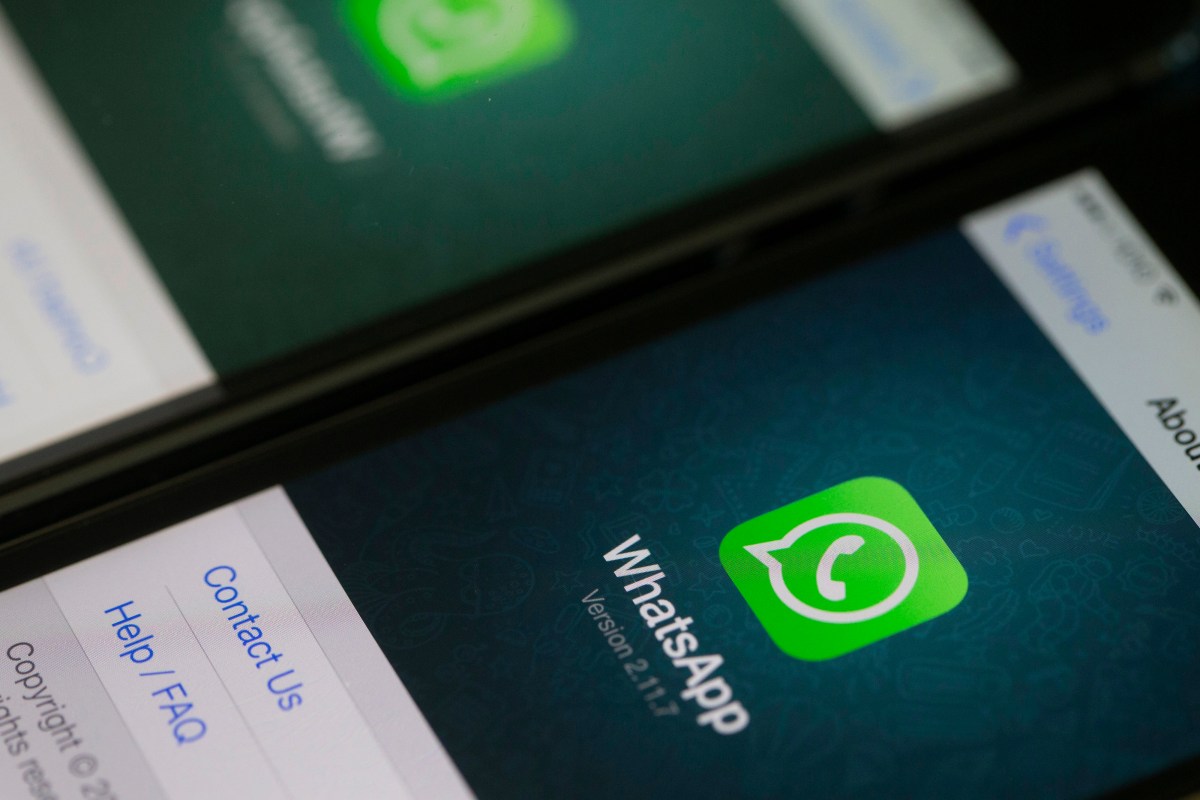
WhatsApp Business is changing its per-conversation rates for businesses — a conversation is a 24-hour thread between sellers and users. The company is reducing rates for utility messages and raising rates for marketing messages.
Meta charges businesses through four categories of messages: Marketing (offers, new products), Ulitity (order updates, account balance), authentication (one-time passwords), and service (customer inquiries).
The new utility rates will be effective from August 4, and the new marketing conversation rates will be effective from October 4 of this year. This is the first update on conversation rates since WhatsApp started charging category-wise instead of a flat rate for all conversations.
The company charges merchants differentially in various countries. For example, in India, marketing rates are shifting from $ 0.0099 to $ 0.0107 (+8%), and utility conversation rates are going down from $ 0.0042 to $ 0.0014 (-67%).
This is likely to convince businesses to adopt WhatsApp as a primary channel for communication with customers.
Over the last year, users have complained about the number of WhatsApp messages increasing on the platform, resulting in spam. The company has slowly put guardrails in place to protect users from this spam.
Earlier this year, the company started testing restrictions on marketing messages sent to a user in India through “Per-User Marketing Template Message Limits” guidelines. Meta doesn’t define a hard limit on messages sent by brands, but it blocks messages that are “less likely to be read.”
After the test period, Meta said it expanded these guidelines globally last month.
“People turn to WhatsApp to do everything from asking questions about a product, receiving a boarding pass, or getting an offer for a holiday sale. There can be too much of a good thing, so we’re working to find the right combination of tools to get this right so people continue having a great experience messaging businesses on WhatsApp,” a Meta spokesperson told TechCrunch in a statement.
WhatsApp Business is now a notable contributing factor to Meta’s revenue. The company said last year that there are more than 200 million WhatsApp Business users.







